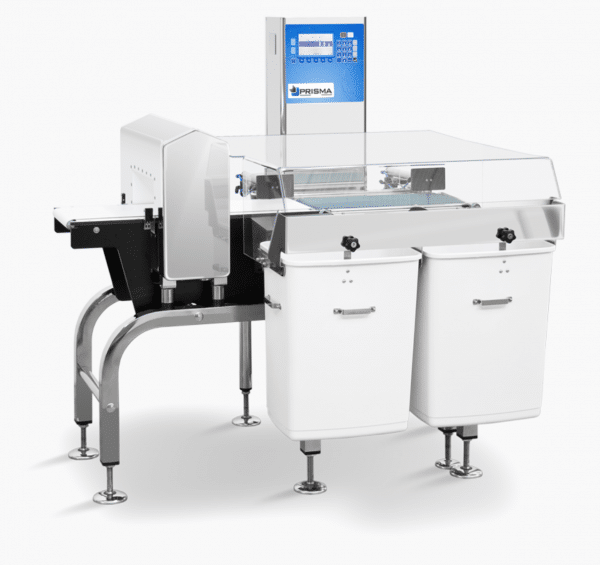A Comprehensive Guide to Choosing the Right Checkweigher Scale for Your Business
Choosing the Right Checkweigher Scale
If your business is contemplating the purchase of a checkweigher scale to enhance production processes, this comprehensive guide will help you in selecting the right solution for your requirements.
What is a Checkweigher Used for?
Checkweighing is a critical process used in various industries to ensure product quality, compliance with regulations, and efficient manufacturing operations. It involves the precise measurement of the weight of a product or item to verify if it falls within predetermined weight tolerances.
Checkweighing serves multiple purposes, such as guaranteeing that packaged goods meet specified weight requirements, reducing the risk of under-filled or overfilled products reaching consumers, and maintaining consistency in portion control for food and pharmaceutical products. Additionally, checkweighing plays a pivotal role in quality control, helping to identify and address issues in production processes, minimise waste, and uphold the reputation of brands by delivering products of consistent weight and quality to customers.
Static vs. In-Motion Checkweighing
Before delving into the selection process, it’s important to understand the key differences and advantages between static and in-motion checkweighing systems.
Static Checkweighers:
- Requires manual handling of products onto and off the scale
- Minimal maintenance requirements
 Lower initial cost
Lower initial cost
In-Motion Checkweighers:
- Weigh products automatically as they traverse the production line at high speeds
- Minimises operator involvement, reducing manual errors
- Automation boosts overall productivity
- Ensures 100% inspection rate, enhancing quality control
- Can be combined with an x-ray system
Factors to Consider when Choosing a Checkweigher
- Type of Product Being Weighed: The nature of your products significantly influences the design, accuracy, and accessories required for your checkweigher. Whether you’re dealing with raw or unwrapped foods, prepackaged items, beverages, pharmaceuticals, footwear, or other products, consult with your scale supplier to ensure compliance with relevant government regulations that may impact construction and durability.
- Environmental Conditions: Environmental factors such as temperature fluctuations, humidity levels, air currents, debris, and dust can impact the checkweighing process. It’s essential to carefully assess the climate in which your products are weighed when choosing a checkweigher to ensure optimal performance and accuracy.
- Vibration Mitigation: Vibration can affect all checkweighers, potentially leading to inaccurate readings. To minimise vibrations, select a location that is isolated from nearby machinery, moving parts, or other conveyors. Proper setup and isolation can help maintain measurement precision.
- Standards, Regulations, and Specifications: Various industries, especially the food sector, require adherence to washdown and sanitation standards. Additionally, government agencies often establish weight specifications for packaged products. Consider these factors when determining the required accuracy range for your checkweigher. The speed of your production line and the configuration of your site will also influence the space available for checkweigher integration.
MWS understands that every business is unique, with distinct requirements when it comes to checkweighing solutions. That’s why we offer a diverse range of checkweighers designed to cater to a wide spectrum of industries and applications. Whether you need a static checkweigher for precise manual handling or an in-motion checkweigher for high-speed automated production lines, we have you covered. Have a look at our range of static checkweighers, in-motion checkweighers and combination checkweighers, or contact us today and we’d be happy to help you find the right solution.




















